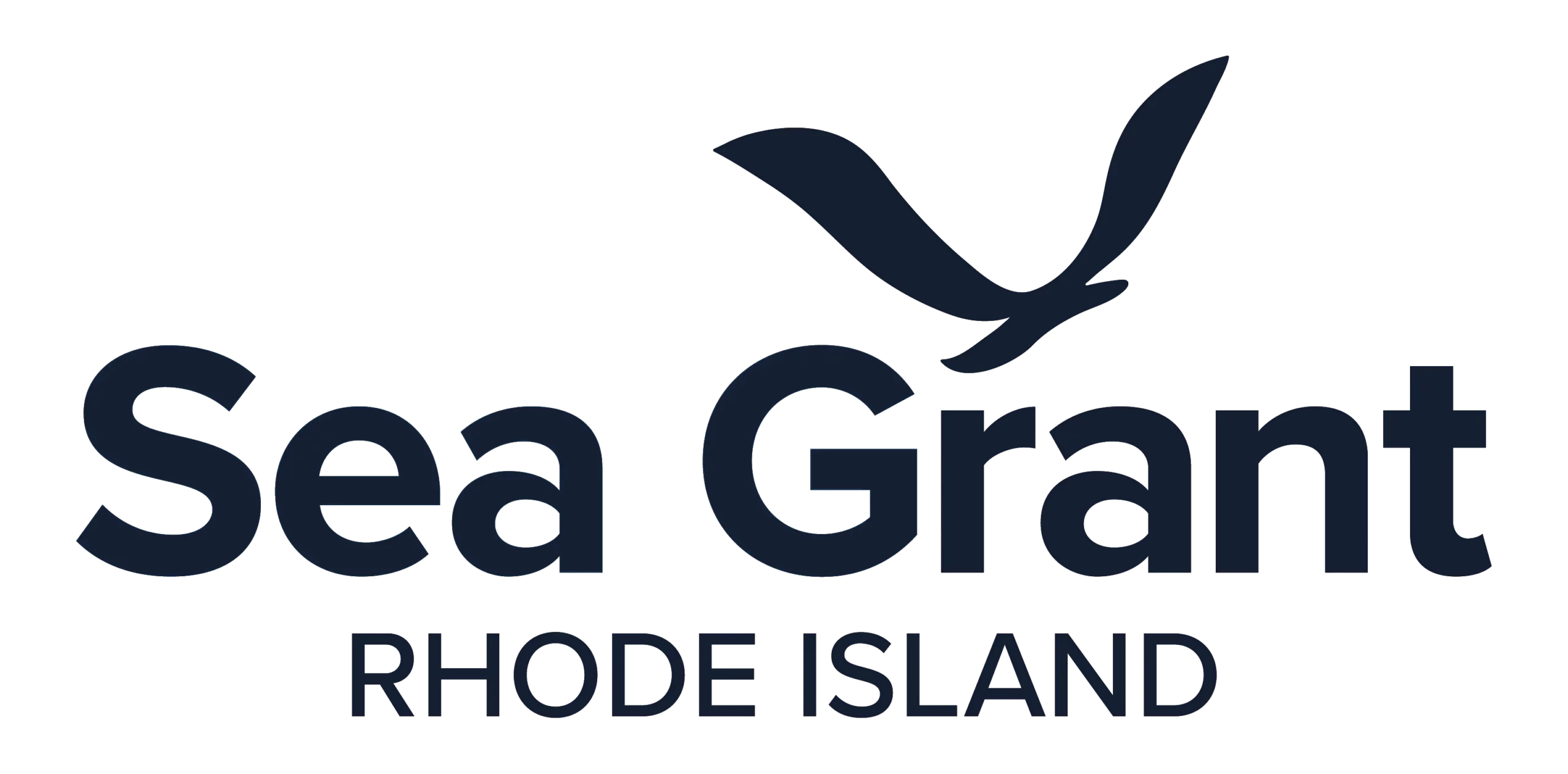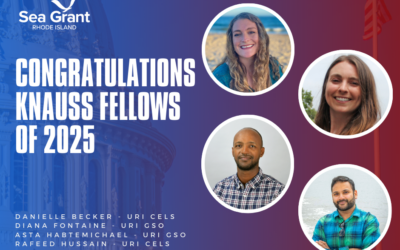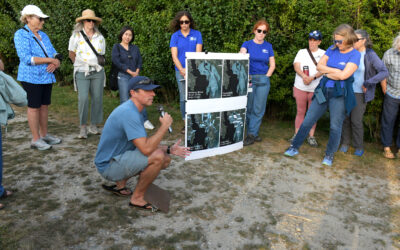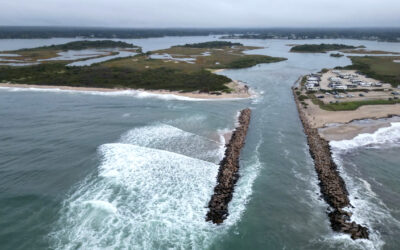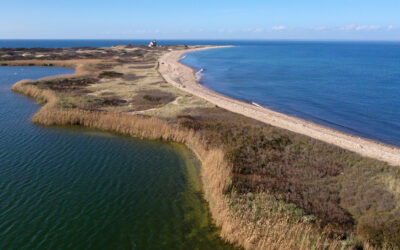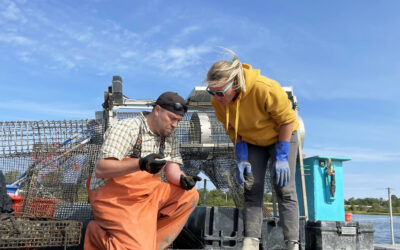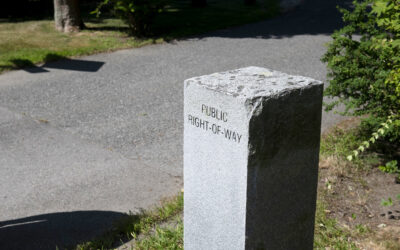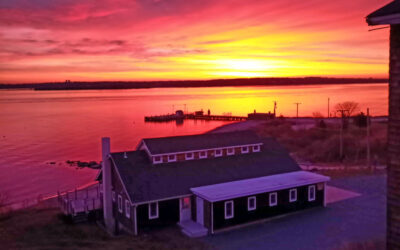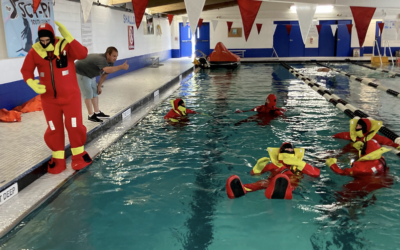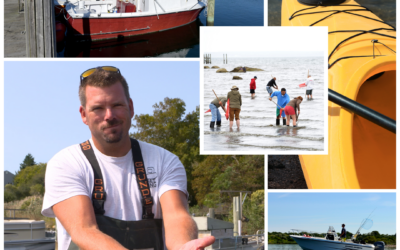News
Latest News
events
Latest News
Four URI Grad Students Selected for 2025 National Knauss Marine Policy Fellowships
Four University of Rhode Island graduate students are among 88 nationally who have been awarded John A. Knauss Marine Policy Fellowships through the...
Barrington Beach Walk: Understanding Shoreline Access, Sea Level Rise, and Stormwater
The group of over 40 people gathered on a narrow walkway at Barrington Town Beach drew quizzical looks from passersby. Perhaps it was the large...
Bringing Back the Charlestown Breachway
In southern Rhode Island, a critical piece of coastal infrastructure is in trouble. The Charlestown Breachway is a rock jetty lining the channel...
Law Clinic Engages Students in Block Island Coastal Resilience
Law students apply a legal and policy perspective to addressing climate impacts to Block Island’s infrastructure and community resources.
Rhode Island Sea Grant Receives $234,000 for Advanced Aquaculture Training
Rhode Island’s aquaculture industry provides over $6M annually in farm-gate value and employs nearly 400 people. Aquaculture is one of the state’s...
Bristol Walking Tour Highlights Hidden Shoreline Access Gems—Including the People Who Care for Them
Shoreline access signs sometimes disappear or are damaged or obscured. The town of Bristol has solved this problem at a number of their...
URI Researchers Use Advanced Imaging Technology to Gain Insight into Harmful Algal Blooms
Temperature and interactions with other types of phytoplankton appear to indicate heightened domoic acid risk from Pseudo-nitzschia Harmful algal...
Community-Engaged Internship Offers an Immersive Experience
URI senior Corinne DeAngelis learned about running a fisheries apprenticeship program—and picked up some unusual skills along the way
Multi-use? No Thanks, Say Small Businesses in Rhode Island’s Blue Economy
Conflicts, lack of shoreline access, limit cooperative use of marine spaces The idea that different marine businesses can share space,...
